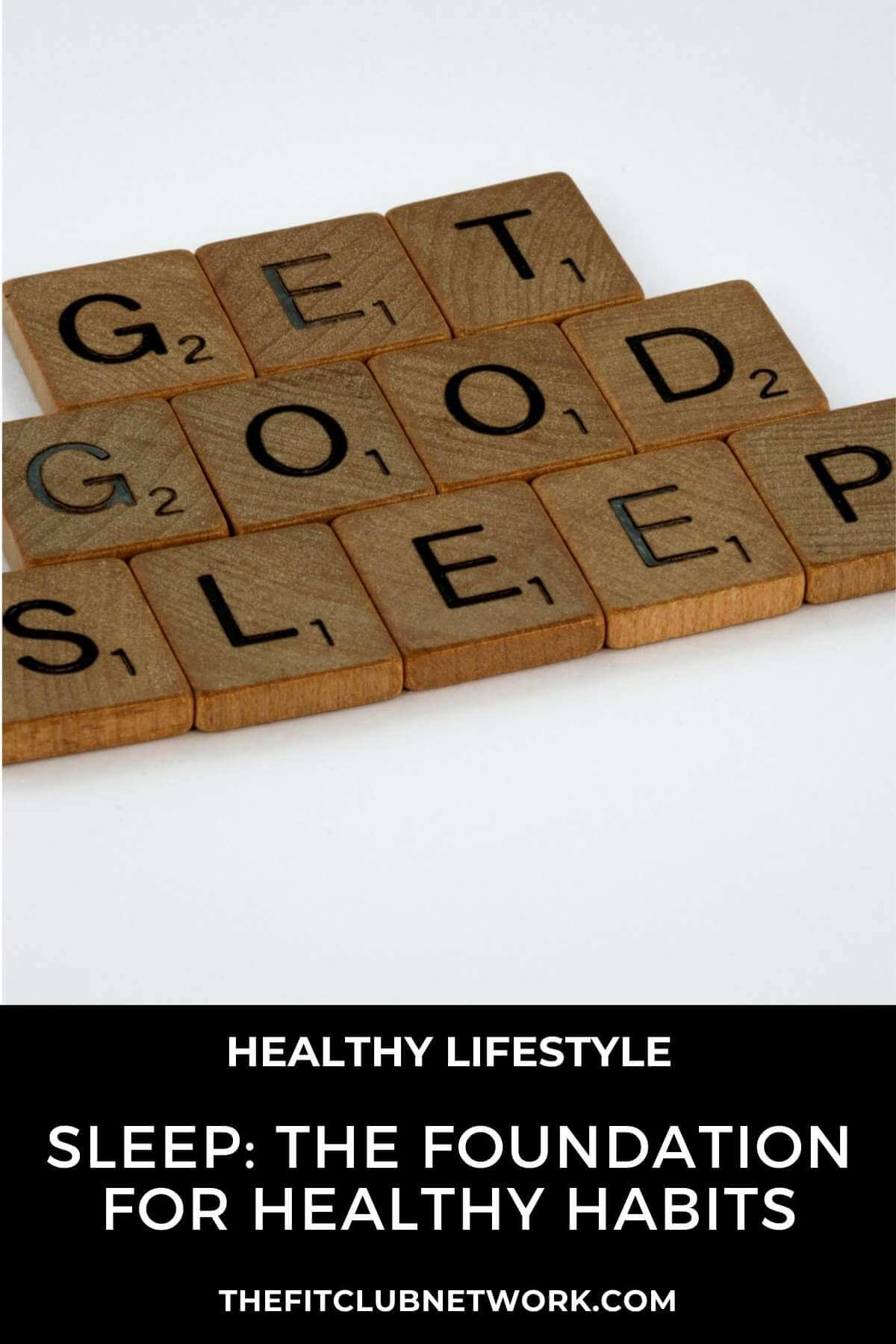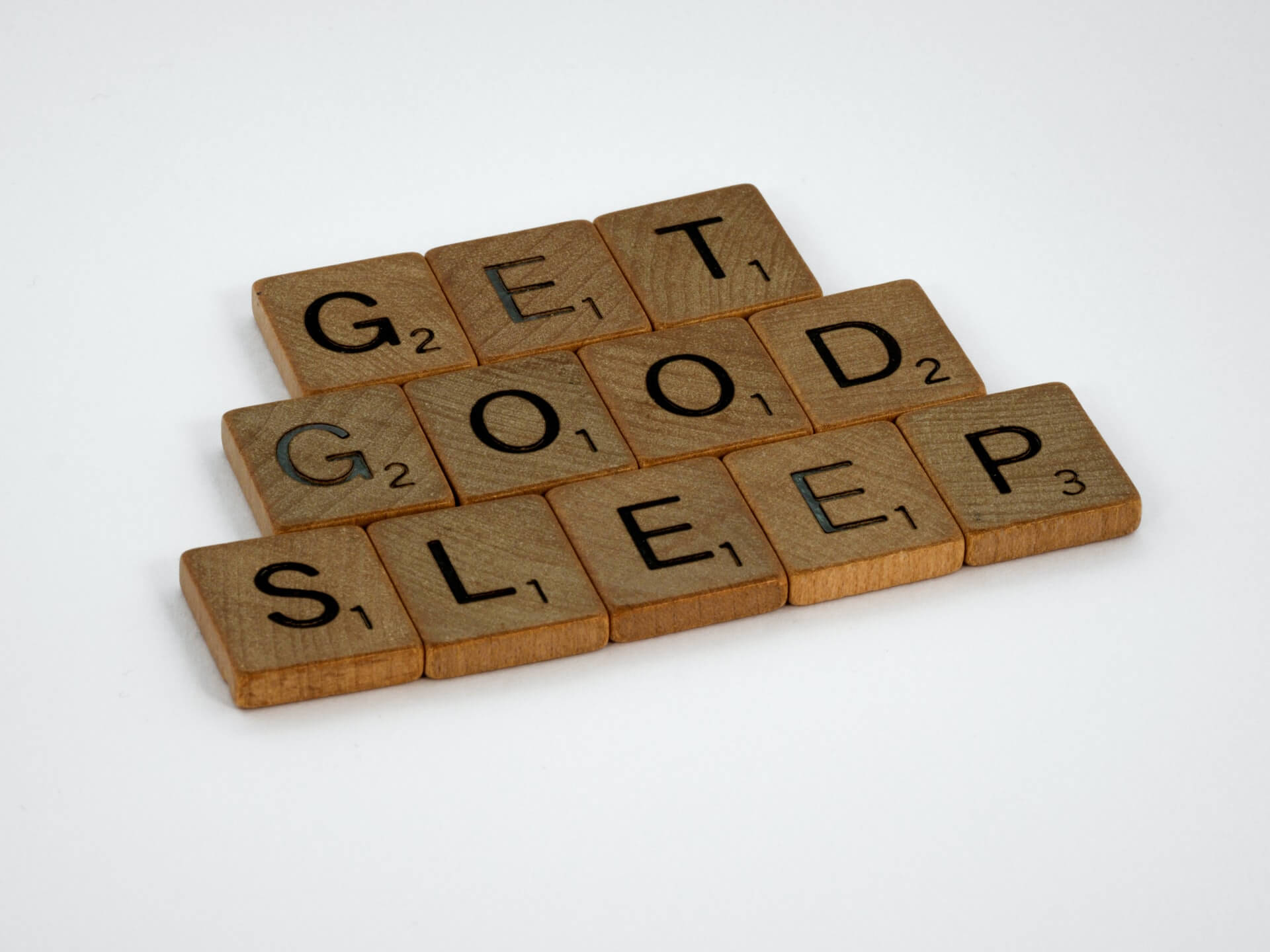

Image by Brett Jordan
Sleep: The Foundation for Healthy Habits
Your behaviors throughout the day, and particularly before sleep time, can have a significant impact on your rest.
They can advance sound rest or contribute to sleeplessness. Your daily routine and schedules—what you eat and drink, the solutions you take, how you plan your days, and how you select to spend your night times—can altogether affect your quality of rest.
Just a couple of slight alterations can, in a few cases, be the difference between sound rest and a fretful night.
The term “sleep hygiene” refers to a variety of protocols that can make a big difference in your capacity to fall asleep and remain sleeping.
For those who battle with sleep deprivation, sleep hygiene is a vital portion of cognitive-behavioral therapy (CBT), the only viable long-term treatment for individuals with chronic insomnia.
CBT for a sleeping disorder can assist you in addressing the thoughts and behaviors that prevent you from resting well. It also incorporates strategies for stress reduction, unwinding, and rest plan management.
If you’re having trouble sleeping, start with these sleep hygiene protocols. If your issue still persists, then it’s time to get help from a sleep doctor or expert.
RELATED | 12 Physical Benefits of Yoga
Having at least seven hours of quality sleep each night is fundamental for optimal well-being. Rest is the foundation of your everyday habits and choices.
Sleep deprivation can negatively impact your disposition and personality, as well as your capacity to focus on daily tasks. It can have a critical effect on both your mind and body.
Did you know that being sleep deprived also impacts what and how much you eat. Since hormones are controlled during rest, the lack of rest throws your starvation hormones out of whack, which increases feelings of hunger and diminishes your ability to feel full.
Watch yourself grabbing for snack after snack when when you’re exhausted. It’s not a coincidence!
A good night’s sleep gives your mind and body time to recoup from the day’s work—if you don’t get sufficient sleep, these critical processes are cut short.
During the rapid eye movement (REM) phase of sleep, your brain sorts the essential data from the insignificant and records long-term memory.
If you shortchange yourself on rest, this whole process is disrupted and your mental acuity is diminished.
Furthermore, as I mentioned earlier, not getting enough sleep will have you feeling cranky and short-tempered.
Need more motivation to prioritize solid rest propensities?
RELATED | 6 Easy Ways to Boost Your Immune System
Getting less than seven hours of sleep a night is related to weight gain, diabetes, elevated blood pressure, sadness, and a host of other well-being risks.
In addition, when you do not get sufficient rest, your safety is at risk and your efficiency at work plummets.
All of these issues can have a major impact on your everyday habits.
Making sleep a priority can help you achieve your wellness objectives, such as stress and weight management. When your mind and body are well-rested, you will be able to live life with a more positive mindset.
Set a Sleep Goal
The first step to behavior change is committing to making a change and setting a goal to achieve.
When it comes to sleep, shoot for a minimum of seven hours of sleep a night so that you have the energy to handle regular mental and physical demands.
Waking up revived will assist you in making healthier choices and adhere to your nutrition and workout plans. Sleep really can help boost your inspiration and determination, making it easier to resist the unhealthy stuff.
Create a Sleep Schedule and Honor It
The next step is make a plan. Create a sleep schedule with set times for going to bed and walking up, and adhere to it as much as possible.
Do use your smartphone to set reminders so you have time to wind down in preparation for bedtime.
Don’t keep your smartphone by your bed where it’s tempting you to scroll through your social media feed!
If you want to monitor your sleep habits, give a sleep monitoring device like the Puffy sleep time calculator a try.
Eat Healthier Foods
When your body and mind are exhausted, they will trick you into believing your hungry. If you do get the munchies, keep a variety of healthy whole foods to snack on, such as fresh veggies, nuts, etc.
Not only will these foods counteract the weight gain associated with aimless snacking, but they will give you nutritional benefits that will very likely contribute to better sleep!
Ease Into Sleep
Setting aside a short time for unwinding before you go to sleep can help you make the transition.
RELATED | Effective Stress Relieving Exercises
During this time, you can do deep breathing, gentle stretching, or guided meditation to help release the stresses from the day and let your brain know it’s time to rest.
If you have an active brain and start remembering everything you forgot during the day, this is a great time to scribble down notes so you can let it go.
Sleep is a crucial, but regularly dismissed, component of your wellbeing and critical for your body to repair itself and be prepared for another day.
The payoff for adequate sleep goes far beyond banishing dark under-eye circles—commitment to this sound habit is one of the most important contributions to your wellbeing you can make.




